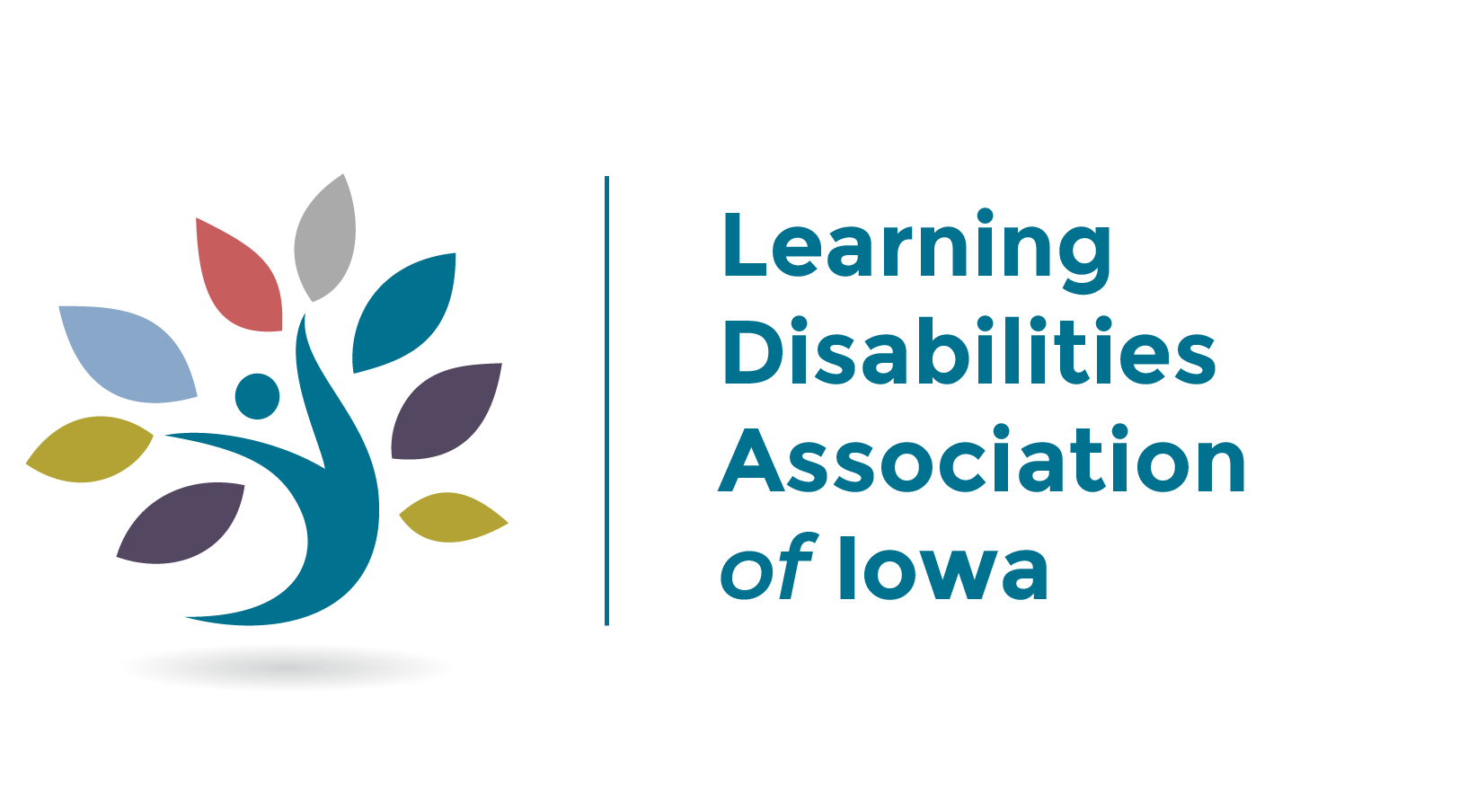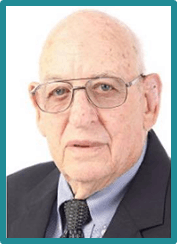Lest We Forget: Did you know that prior to Public Law 94-142 in 1975, students with disabilities were not guaranteed the right to a Free Appropriate Public Education (FAPE) in the Least Restrictive Environment (LRE)? In fact, public schools were allowed to turn away students with disabilities, or if they were allowed to enroll, schools were not required to provide any services or supports. LDA-Iowa has been supporting, educating and advocating for individuals with LD and related disorders since 1968, seven years prior to the passage of PL 94-142.
Lest We Forget: In 1970, US schools only educated 1 in 5 children with disabilities! Public Law 94-142 came about largely because parents and other advocates joined forces and put together a movement that included both state and federal organizations. These organizations gained clout with legislators through the high number of parents and educators who joined together and took action. Lawsuits were filed and won, resulting in more willingness by legislators to support funding for special education services and to provide a framework for such services.
Lest We Forget: For about twenty-five years, these organizations thrived, but then the situation began to change. The memberships began to decrease because some parents who had children with disabilities dropped out as did some advocates. Fewer and fewer individuals joined the movement. Organizations began to lose their influence with legislators due in part to less parent and advocate involvement. At the present time, the decrease in parent and advocate membership and involvement has created a situation where special education needs get limited consideration by a large number of legislators.
As readers of this article, LDA-Iowa wants to know what your needs and concerns are, and we invite you to join LDA-Iowa in putting time, energy and action into advocacy. This is not a time to be passive. Membership in advocacy organizations such as LDA-Iowa is critical. If you, or someone you know, are concerned as a parent, educator, or professional about the services and supports for individuals with disabilities, it is time to act. The more voices we have, the more our voices will be heard. Join an organization today.
Some background information that we might find of value to consider now and in the future.
Title One: FY 2020 Title I Allocations: States are permitted to a reserve for administration costs, up to 1 percent of the allocations they will receive. In addition, they must reserve 7 percent of their allocations for school improvement. These adjustments will reduce the actual amounts available for student services.
Good News for the time period of Oct, 2022 to Sept. 2023:
- Title One funds increased from $17^billion last fiscal year to $18.4 billion
- Funds for the Individuals Disabilities Act increased from $13^billion to $15 billion.
- Civic education got it first boost in many years with a $23 million federal investment.
Lest We Forget: These funding increases were needed, but here are some things to think about as we ponder our needs for our special education population.
- How will inflation impact the actual purchasing power of these increases? Plus, it has been projected that at least $45 billion is needed to meet the educational needs of this population.
- IDEA funding is less than half (40%) of the authorized amount that Congress can spend for the additional services that students with disabilities are entitled to receive from schools.
- The temporary pandemic era expanded the annual Child Tax Credit (American Rescue Plan). The results indicate that the temporary expansion of the credit produced historic results. By combining this tax credit with other relief options, it drove the child poverty rate to a record low of 5.2 percent. It has been projected that without this Child Tax Credit expansion and some other pandemic relief measures, the child poverty rate would have been 8.1 percent.
Lest We Forget: Children from low-income families are more likely to experience disability due to greater exposure to environmental toxins, low birth weight, differences in nutrition, and lower access to health services.
Lest We Forget: The need for a strong support system has always been needed and that need is greater today than we may think. There are lots of problems, and the solutions may not be well defined or do not exist at this time. But one thing is true. We CAN’T FORGET that a better tomorrow for individuals with disabilities starts with continued involvement and strengthening disability advocacy organizations through increased membership. Membership in advocacy organizations such as LDA is critical so that parents and advocates can continue to join forces to take action to maintain and/or improve services and supports for those with disabilities.
So, readers of this article, we welcome any and all suggestions for working to make tomorrow better for all individuals with disabilities. LEST WE FORGET, nothing will happen if we don’t do something. Doing nothing means that we agree with the status quo. Please take some time to think about what can be done and what YOU can do to increase membership and participation in advocacy groups. We look forward to hearing from you.
Richard Owens, EdD was involved in and played an important role in the disability civil rights movement at both the Iowa and Federal levels. Thanks to the hard work of Dr. Owens, parents and other advocates, students are guaranteed the right to a Free Appropriate Public Education today. Dr. Owens understands the importance of disability organizations. Today, we enjoy the rights that Dr. Owens and others fought for; however, membership in disability organizations has dropped significantly. This is not a time to be complacent. We all need to step up. Become an active member in an organization. Dr. Owens was a teacher, professor, and AEA Administrator prior to his retirement. He has, and continues, to serve on various boards and organizations working tirelessly to advocate for those with disabilities and those impacted by poverty. He is a long-time member of LDA-Iowa (non-profit advocacy organization incorporated in 1968).

